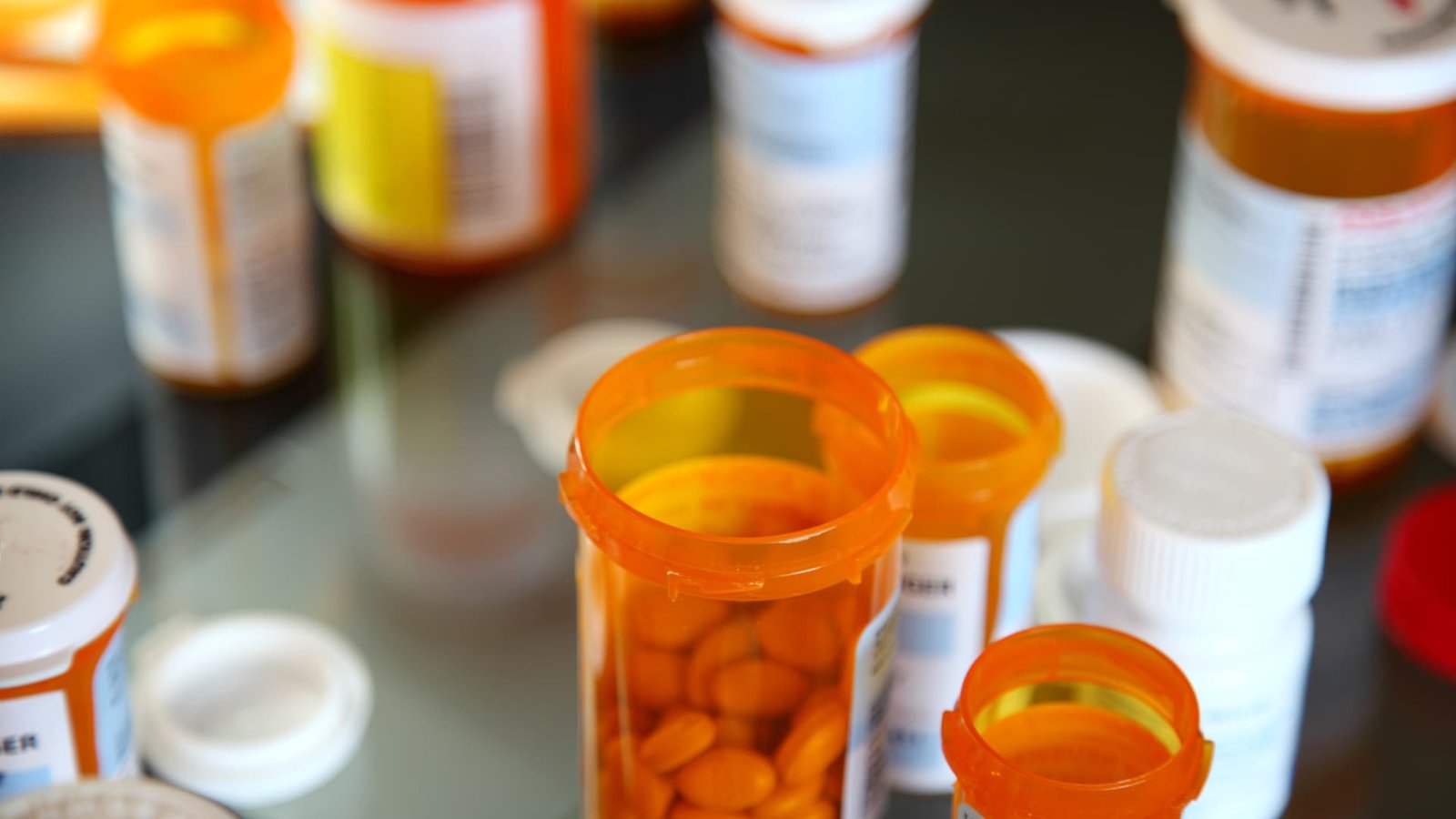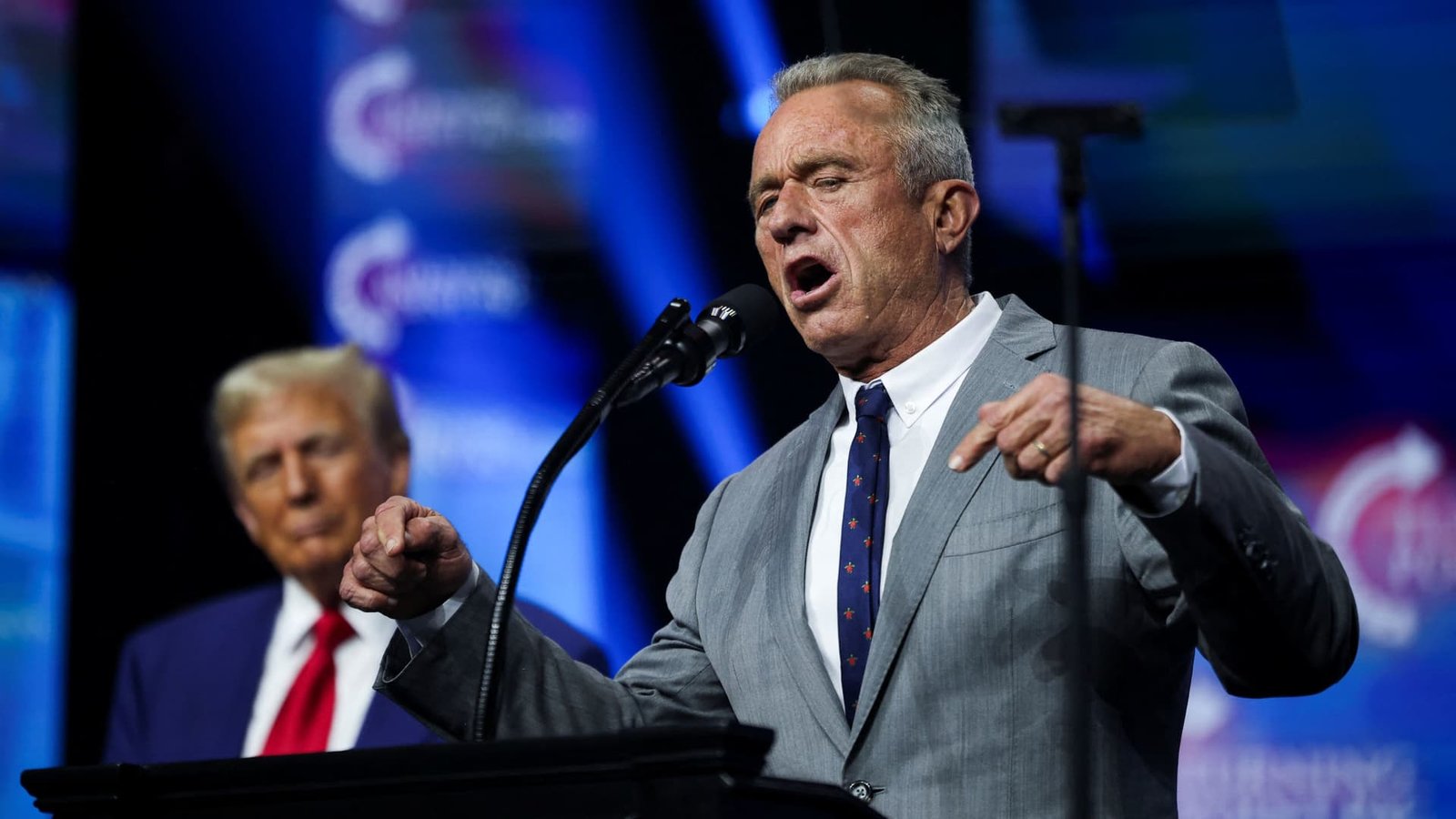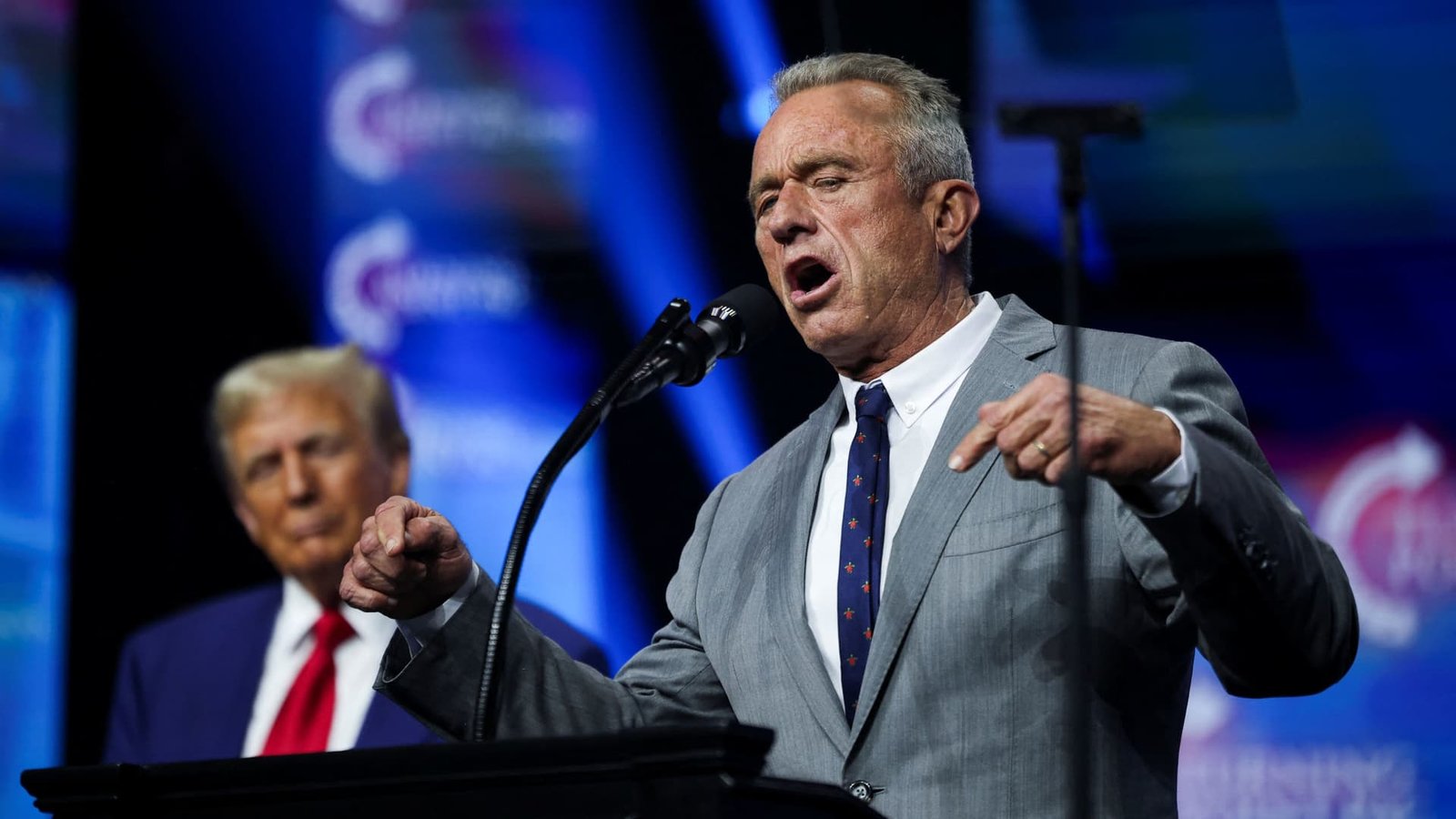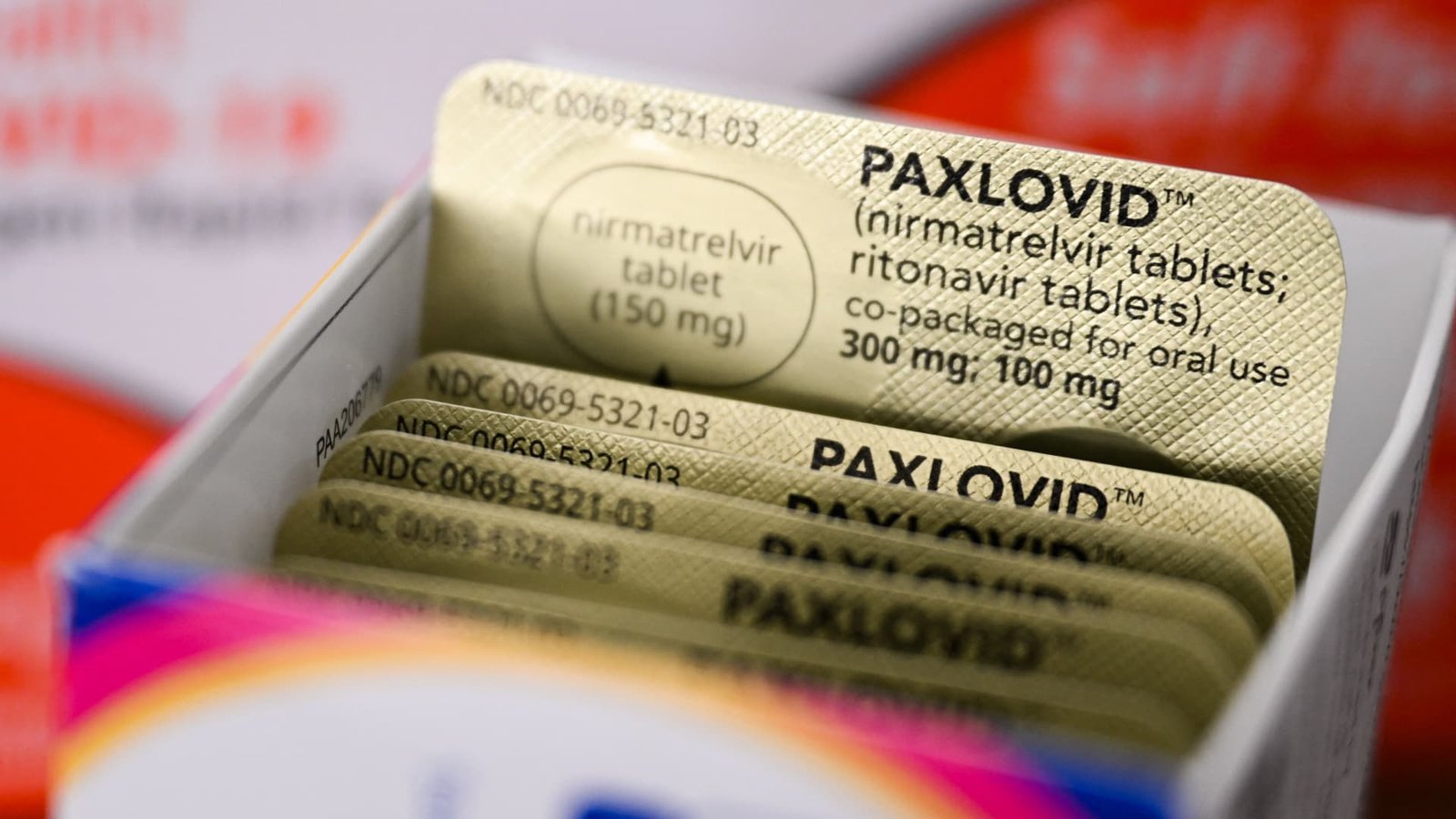President Donald Trump’s steep tariffs on Canada, Mexico, and China have raised concerns among some drug trade groups that the existing drug shortages in the U.S. could worsen, leading to increased health-care costs for patients and posing a threat to cash-strapped generic drugmakers.
Trump recently announced plans to impose a 25% tariff on goods from Canada and Mexico and a 10% charge on imports from China, with the tariffs set to take effect soon. However, Mexico and Canada have since announced a temporary pause on the tariffs.
The U.S. is currently facing a shortage of essential medicines, including injectable cancer therapies and generic drugs, leading to drug rationing by hospitals and patients. This shortage, coupled with the high costs of prescription medications, has made it challenging for many Americans to access affordable treatments.
The U.S. heavily relies on other countries, especially China, for pharmaceutical products, particularly generic drugs. These medications constitute 90% of prescriptions in the U.S., making patients’ access to affordable treatments vulnerable to potential threats from tariffs.
China is a major supplier of active pharmaceutical ingredients (APIs) for both brand-name and generic drugs due to lower manufacturing costs. The tariffs could exacerbate drug shortages by driving generic manufacturers out of the market, as stated by John Murphy, CEO of the Association for Accessible Medicines.
The Healthcare Distribution Alliance has also expressed concerns about including pharmaceutical products in tariffs, warning that it could strain the pharmaceutical supply chain and lead to increased costs for medical products, affecting American patients.
The U.S. may experience new and exacerbated shortages of vital medications, with costs likely to be passed down to payers and patients, including those in Medicare and Medicaid programs. The Budget Lab at Yale University estimates that pharmaceutical product prices in the U.S. could increase by 1.1% due to shifts in the supply chain.
Pharmaceutical Research and Manufacturers of America emphasized the importance of addressing unfair practices abroad and safeguarding intellectual property in trade measures. The U.S. also relies on overseas manufacturing for medical devices, with tariffs potentially impacting the costs and supply of critical medical technologies.
AdvaMed, the largest medical device association globally, urged the Trump administration to exempt medical products from tariffs to prevent shortages, higher prices, and reduced investment in research and development. The tariffs could also affect hospitals that rely on imports for essential supplies and equipment.
While some groups support the tariffs on China to increase domestic production of medical personal protective equipment, concerns remain about the broader impact on the healthcare industry and supply chains.




